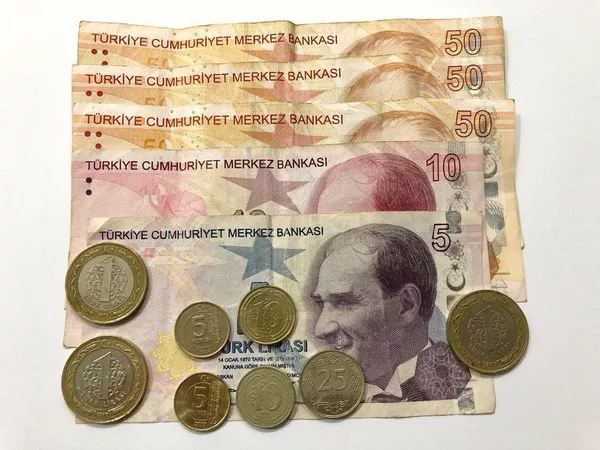Currency valuation is a critical aspect of the global financial landscape, playing an essential role in international trade, investments, and economic stability. Determining the world’s strongest currency requires an in-depth analysis of various factors such as economic performance, political stability, inflation rates, interest rates, and market sentiment. In this article, we embark on a comprehensive exploration of the top contenders for the title of the world’s strongest currency.
Understanding Currency Valuation Dynamics:
Currency valuation primarily depends on demand and supply dynamics in the Forex market. When a currency exhibits strong demand and limited supply, its value tends to rise. Conversely, when a currency faces oversupply or declining demand, its value weakens. The relative strength of a currency is typically determined by comparing it against other major currencies through exchange rate movements.
A Deeper Analysis of Prominent Global Currencies:
1. United States Dollar (USD):
The USD holds a dominant position in the global currency market due to the economic might of the United States, the largest economy in the world. The USD benefits from high liquidity, widespread acceptance, and serves as the primary reserve currency for many nations.
2. Euro (EUR):
As the common currency for 19 European Union member states, the Euro is the second most traded currency globally. Its strength is derived from the collective economic power of Eurozone countries and the European Central Bank’s monetary policies.
3. Japanese Yen (JPY):
The Japanese Yen is renowned for its stability and safe-haven status. Japan’s low inflation, strong manufacturing sector, and high savings rate contribute to the Yen’s resilience.
4. British Pound Sterling (GBP):
The GBP, often referred to as the Pound Sterling, has a significant role in global finance due to the historical influence of the United Kingdom. However, Brexit-related uncertainties have impacted its valuation in recent years.
Factors Influencing Currency Strength:
1. Economic Performance:
A country’s economic indicators, such as GDP growth, employment rates, and productivity, heavily influence the strength of its currency. Strong economic fundamentals attract foreign investments, leading to a rise in demand for the currency.
2. Political Stability:
Political stability plays a crucial role in determining currency strength. Countries with stable governments, sound institutions, and consistent policies are more likely to maintain a strong currency value.
3. Inflation Rates:
Inflation erodes the purchasing power of a currency. Currencies with low inflation rates typically enjoy higher value. Central banks’ ability to maintain price stability through effective monetary policies is vital.
4. Interest Rates:
Divergent interest rates impact currency valuations. Higher interest rates often attract foreign investors seeking better returns, strengthening the respective currency.
Unveiling the Top Contenders for the World’s Strongest Currency:
Based on the aforementioned factors, several currencies emerge as strong contenders for the world’s strongest currency:
1. Swiss Franc (CHF):
Known for its stability, the Swiss Franc benefits from Switzerland’s robust economy, political neutrality, and the country’s status as a global financial hub.
2. Singapore Dollar (SGD):
Singapore boasts a thriving economy, sound fiscal policies, and political stability. The SGD is highly regarded for its liquidity, attracting investors to the region.
3. United Arab Emirates Dirham (AED):
The UAE Dirham benefits from the nation’s strong economic diversification, oil reserves, and strategic positioning as a global business hub. The currency’s peg to the USD also contributes to its stability.
The Future of Currency Valuations:
As the global economic landscape evolves, several emerging currencies are gaining attention for their potential to become strong contenders in the future:
1. Chinese Yuan (CNY):
China’s economic rise and efforts to internationalize the Yuan position it as a potential challenger to existing dominant currencies. Its inclusion in global indices and increasing trade partnerships contribute to its growing influence.
2. Indian Rupee (INR):
India’s impressive economic growth, vast market potential, and ongoing reforms make the Indian Rupee an aspiring player in global currency valuations. However, challenges such as inflation and political complexities need to be addressed.
Conclusion:
Determining the world’s strongest currency involves evaluating various economic, political, and financial factors. While established currencies like the USD, EUR, JPY, and GBP hold prominent positions, the Swiss Franc, Singapore Dollar, and UAE Dirham have emerged as formidable challengers. Looking ahead, the Chinese Yuan and Indian Rupee show promise as emerging players in the global currency landscape.


